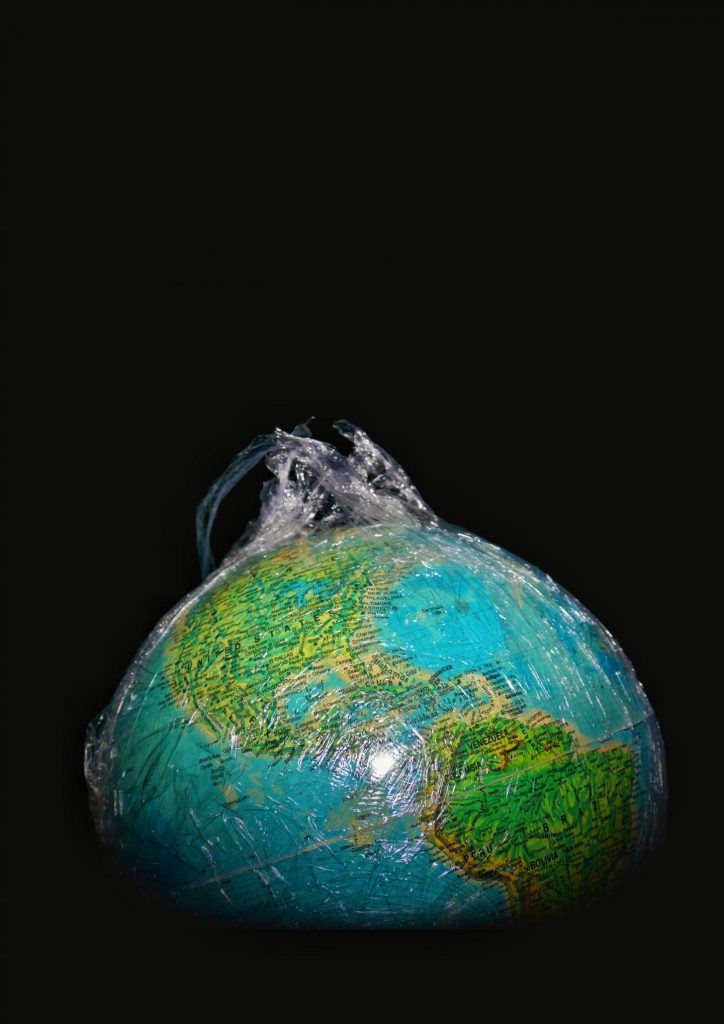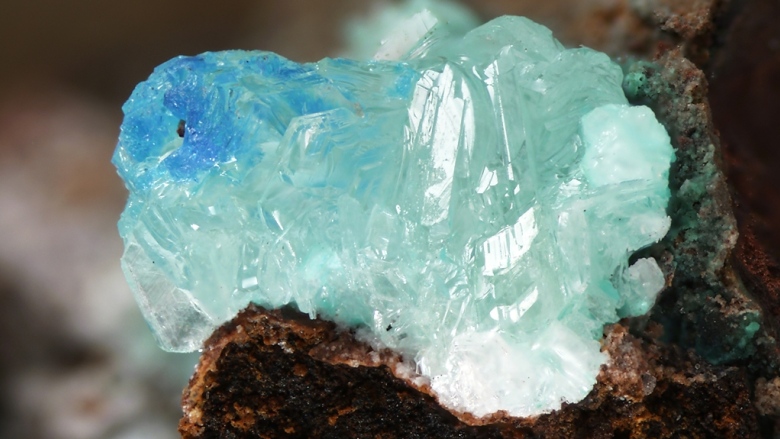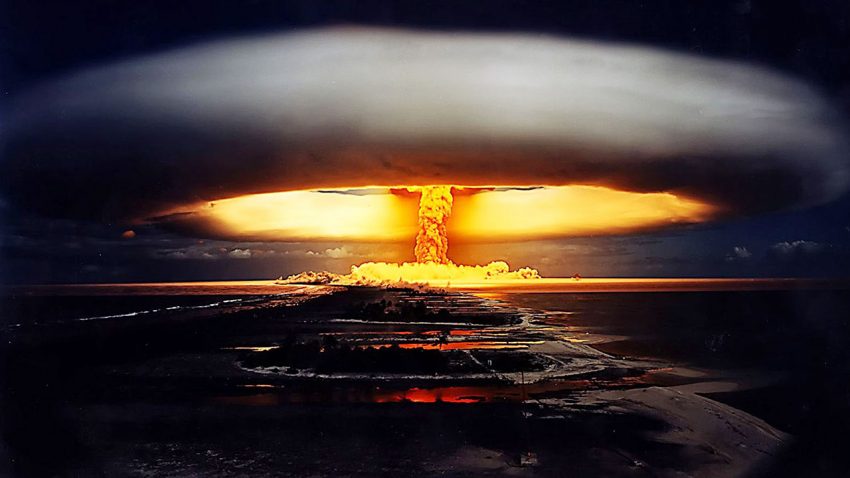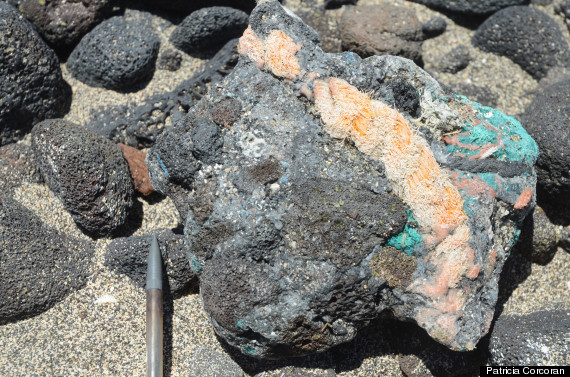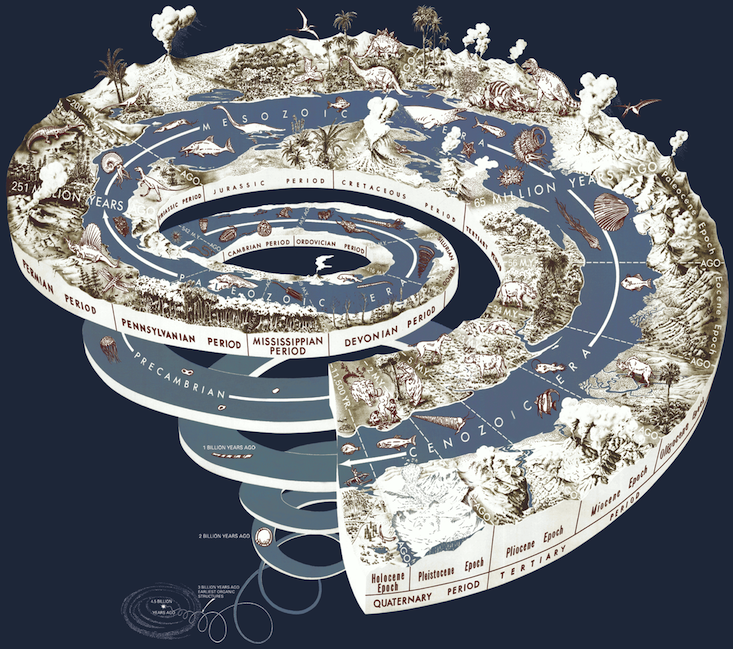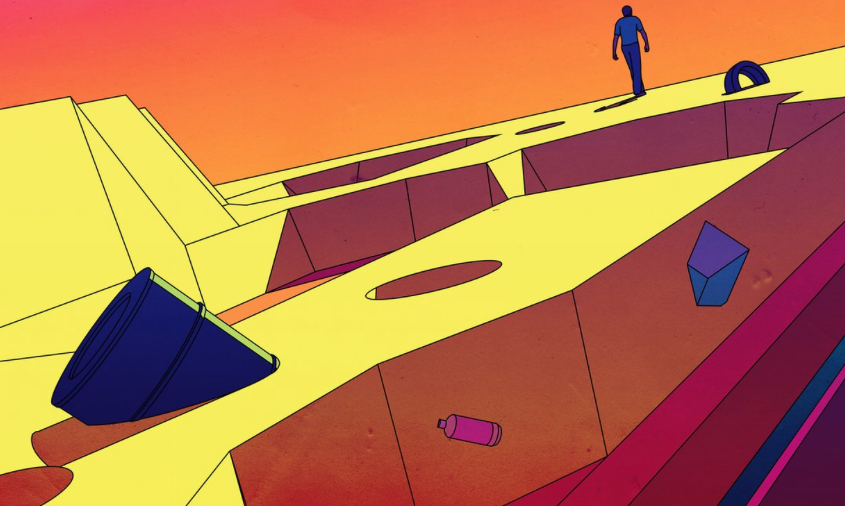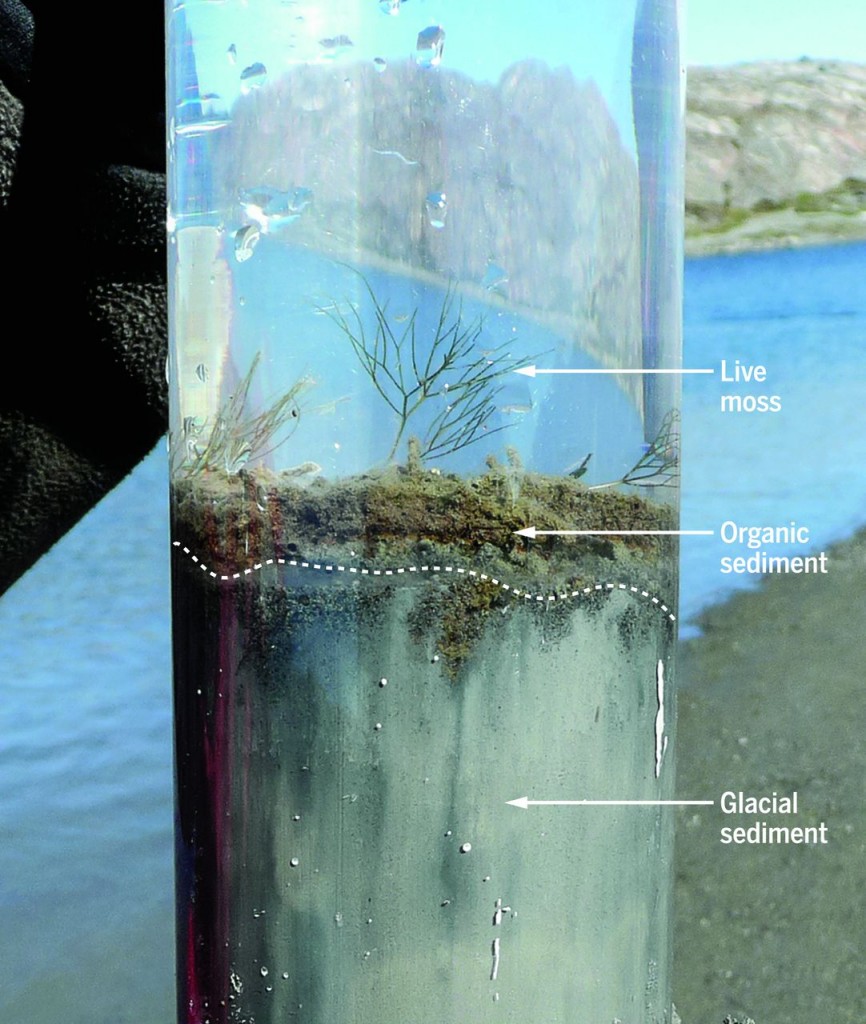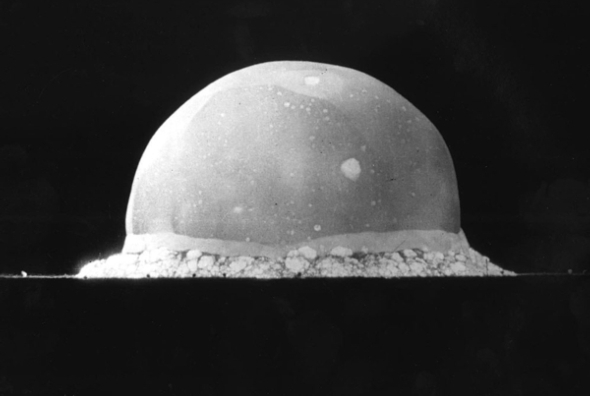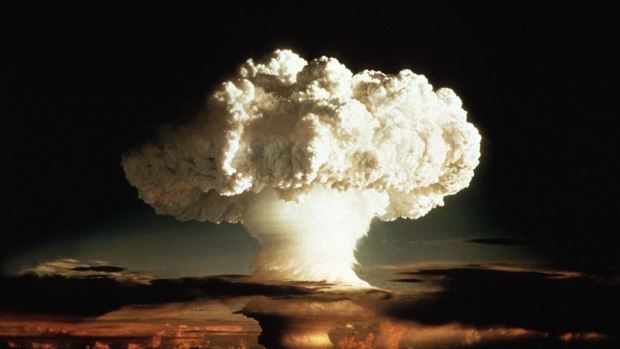Posts Tagged ‘geology’
The Anthropocene: Scientists respond to criticisms of a new geological epoch
Press Release A team of academics led by the University of Leicester has responded to criticisms of the proposal to formalise a new geological epoch – the Anthropocene. Geological critics of a formalised Anthropocene have alleged that the idea did not arise from geology; that there is simply not enough physical evidence for it as…
Read MoreFound: Thousands of Man-Made Minerals—Another Argument for the Anthropocene
By Shannon Hall | Scientific American Humans have dramatically changed Earth’s surface. Satellite images show New York City’s sparkling lights at night and the Great Wall of China during the day. But we have also produced signatures in the strata beneath our feat that can’t be seen so readily, like the plastic that litters the ocean…
Read MoreAtomic bombs and oil addiction herald Earth’s new epoch: The Anthropocene
By Paul Voosen | Science Magazine | August 24, 2016 Just after World War II, when the atomic bombs fell and our thirst for coal and oil became a full-blown addiction, Earth entered the Anthropocene, a new geologic time when humanity’s environmental reach left a mark in sediments worldwide. That’s the majority conclusion of the Anthropocene Working Group, a…
Read MorePlastiglomerate: The New And Horrible Way Humans Are Leaving Their Mark On The Planet
By Carla Herreria | The Huffington Post | June 19, 2016 Humans will now be forever inscribed into the Earth’s geological history. Our everlasting signature? Plastic-infused stones. The newly identified stone, according to a report from The Geological Society of America, has been officially named plastiglomerate. It is formed when plastic trash melts and fuses together with…
Read MoreAre We in the Anthropocene Yet?
By Zach St. George | Nautilus | May 23, 2016 In the early 1990s, a few miles west of El Kef, a town in Tunisia, geologists set a small golden spike in between two layers of clay that remains there to this day. They wanted to mark the tiny yet striking layer of iridium—a hard, dense, silvery-white…
Read MoreChanging the Face of the Earth
By Dr. Colin Waters | LaboratoryNews | April 12, 2016 We have geo-engineered the Earth expertly for our own ends, but will humanity’s indelible stamp on the planet define an entire geological epoch? The term “Anthropocene” was coined by Paul Crutzen 16 years ago to mark the present as distinct from previous geological time. The term has…
Read MoreEvolving Toward a Better Anthropocene
By Erle Ellis | The Breakthrough Institute | April 4, 2016 Humans have now transformed Earth to such a degree that a new epoch of geologic time, the Anthropocene, may soon mark the emergence of humanity as a “great force of nature.” The big question is why? Why did humans, and no other single multicellular species…
Read MoreGeneration Anthropocene: How Humans Have Altered the Planet for Ever
By Robert Macfarlane | The Guardian | April 1, 2016 In 2003 the Australian philosopher Glenn Albrecht coined the term solastalgiato mean a “form of psychic or existential distress caused by environmental change”. Albrecht was studying the effects of long-term drought and large-scale mining activity on communities in New South Wales, when he realised that no word…
Read MoreDawn of the Anthropocene: 5 Ways We Know Humans Have Triggered a New Geological Epoch
By Jan A. Zalasiewicz, Mark Williams | Alternet | March 19, 2016 Is the Anthropocene real? That is, the vigorously debated concept of a new geological epoch driven by humans. Our environmental impact is indeed profound – there is little debate about that – but is it significant on a geological timescale, measured over millions of…
Read MoreAnthropocene: The Human Age
By Richard Monastersky | Nature | March 11, 2016 Almost all the dinosaurs have vanished from the National Museum of Natural History in Washington DC. The fossil hall is now mostly empty and painted in deep shadows as palaeobiologist Scott Wing wanders through the cavernous room. Wing is part of a team carrying out a radical,…
Read MoreWhat Future Humans Will Learn From Our Remains
By Yasmin Tayag | Inverse | February 3, 2016 Millions of years from now, a future geologist will be digging deep into the Earth, seeking the truth about his notorious sapiens heritage. Excavating far beneath the year 100,000, scraping past 10,000, he’ll hit on 2016 and think: What the actual fuck happened here? A recent paper written by researchers with…
Read MoreThe Anthropocene is Functionally and Stratigraphically Distinct From the Holocene
Science Magazine Vol. 351, Issue 6269 | January 8, 2016 Humans are altering the planet, including long-term global geologic processes, at an increasing rate. Any formal recognition of an Anthropocene epoch in the geological time scale hinges on whether humans have changed the Earth system sufficiently to produce a stratigraphic signature in sediments and ice that…
Read MoreHumans Leave a Telltale Residue on Earth
By David Biello | Scientific American | January 7, 2016 Evidence for a new geologic epoch continues to accumulate, like layers of sediment that over time harden into strata. Although those who study the branch of geology known as stratigraphy—the study of those strata and their resolution into Earth’s vast geologic time scale—will continue to debate the idea of…
Read MoreA New Geological Epoch, the Anthropocene, Has Begun, Scientists Say
By Emily Chung | CBC News – Technology & Science | January 7, 2016 We’re living through one of the most extraordinary events in Earth’s history — the start of a new geological epoch, an international group of scientists says. Welcome to the Anthropocene, everyone. Geological epochs are long periods of time — typically lasting around two million…
Read MoreHow Humans are Driving the Sixth Mass Extinction
By Jeremy Hance | The Guardian | October 20, 2015 Periodically, in the vast spans of time that have preceded us, our planet’s living beings have been purged by planetary catastrophes so extreme they make your typical Ice Age look like the geological equivalent of a stroll in the park. Scientists count just five mass…
Read More
